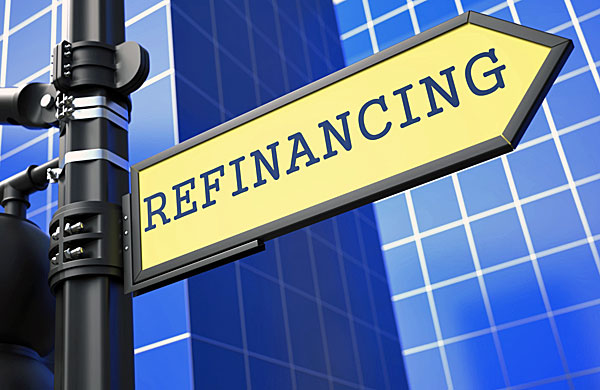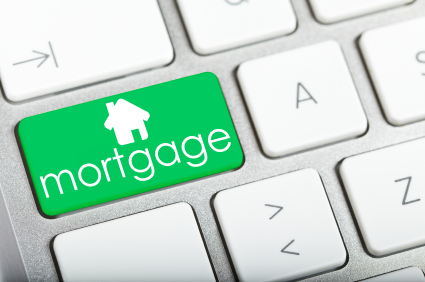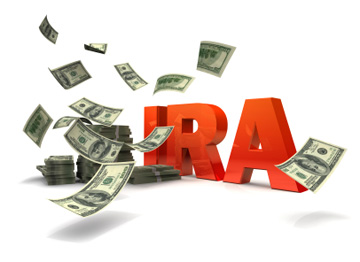6 Questions to Ask Before Refinancing
Homeowners have a variety of reasons for refinancing their homes. Before you make a decision about refinancing your home, you might consider the following questions. Below is a summary of an article in RISMedia by Michele Lerner, a writer for Bankrate.com.
 1. What are my financial goals? Are trying to lower your monthly payment? Check out an online mortgage calculator to estimate your new payment. Other homeowners are choosing to refinance for a shorter term to pay of their mortgage faster and save interest.
1. What are my financial goals? Are trying to lower your monthly payment? Check out an online mortgage calculator to estimate your new payment. Other homeowners are choosing to refinance for a shorter term to pay of their mortgage faster and save interest.
Before you make the decision to refinance, the professionals advise making sure you contribute to retirement savings and college savings, pay off high-interest debt, and save 6-12 months of expenses, because reducing your mortgage payment period will increase your monthly payment.
2. Do I have equity in my home?
You need at least 20% equity in your home to qualify for a new conventional loan without payment private mortgage insurance. The alternative might be applying for an FHA loan that requires much less equity.
3. Do I have good enough credit?
Credit scores are critical under the new federal lending guidelines. Below a score of 620, you will have trouble qualifying for a new loan at all. It takes a score of 720 or better to obtain the best interest rates.
4. How long do I plan to stay in this home?
Mortgage professionals general tell borrowers to expect to pay 3% to 6% of the loan amount for a refinance. If you divide that loan cost by the annual savings you expect by a reduced mortgage payment, you can find how many years it will take to breakeven. Do you expect to stay in your home long enough to break even?
5. What are the terms of my current loans?
Make sure you know the terms of your current loan. Especially, make sure your existing mortgage does not have a prepayment penalty.
6. Do I have a second mortgage or a line credit?
If you do, there is added complexity to refinancing. You will have to either pay off the second loan or combine the two into one mortgage when you refinance.
Lenders have tightened up the approval process. Be sure to get professional advice from a lender about what levels of income, credit score, and equity you will need to refinance in your specific situation.
Information courtesy of Chester County PA Realtor Scott Darling.
 In the case of a couple having a joint mortgage, the death of one spouse will simply mean the other spouse becomes the sole mortgage-holder. As long as she can continue making the payments, the property will be unaffected. Federal law prohibits the lender from calling the entire mortgage due because one spouse has passed away.
In the case of a couple having a joint mortgage, the death of one spouse will simply mean the other spouse becomes the sole mortgage-holder. As long as she can continue making the payments, the property will be unaffected. Federal law prohibits the lender from calling the entire mortgage due because one spouse has passed away.  Here’s a summary of some thoughts from
Here’s a summary of some thoughts from  Usually, when you take money out of an individual retirement account before you reach age 59 1/2, the IRS considers these premature distributions. In addition to owing any tax that might be due on the money, you'll face a 10 percent penalty charge on the amount. This is not the case, however, when you use the money to buy your first investment real estate. (Note: Technically, you don't have to be purchasing your very first home or building. You qualify under the tax rules as long as you, or your spouse, didn't own a principal residence at any time during the previous two years.) You can use up to $10,000 in IRA funds toward this purchase. If you're married, and you and your spouse are both first-time buyers, you can each pull from retirement accounts, giving you $20,000 to use.
Usually, when you take money out of an individual retirement account before you reach age 59 1/2, the IRS considers these premature distributions. In addition to owing any tax that might be due on the money, you'll face a 10 percent penalty charge on the amount. This is not the case, however, when you use the money to buy your first investment real estate. (Note: Technically, you don't have to be purchasing your very first home or building. You qualify under the tax rules as long as you, or your spouse, didn't own a principal residence at any time during the previous two years.) You can use up to $10,000 in IRA funds toward this purchase. If you're married, and you and your spouse are both first-time buyers, you can each pull from retirement accounts, giving you $20,000 to use. …and demanding. Spring requires much of a homeowner, and home maintenance
…and demanding. Spring requires much of a homeowner, and home maintenance  Get hold of a set of plans for your home so that you will be able to
Get hold of a set of plans for your home so that you will be able to  Start at the top: the roof
Start at the top: the roof It is easier to sell a house that is attractive to buyers and shows as being well-maintained. That is a matter of doing a little fix-up, but mostly clean-up. Make sure pipes aren’t leaking, for instance. That is relatively easy and not expensive. If your home really needs painting consider doing that. These are not high priced issues. Below we are talking about the expensive items.
It is easier to sell a house that is attractive to buyers and shows as being well-maintained. That is a matter of doing a little fix-up, but mostly clean-up. Make sure pipes aren’t leaking, for instance. That is relatively easy and not expensive. If your home really needs painting consider doing that. These are not high priced issues. Below we are talking about the expensive items.



